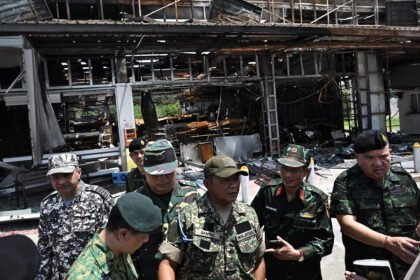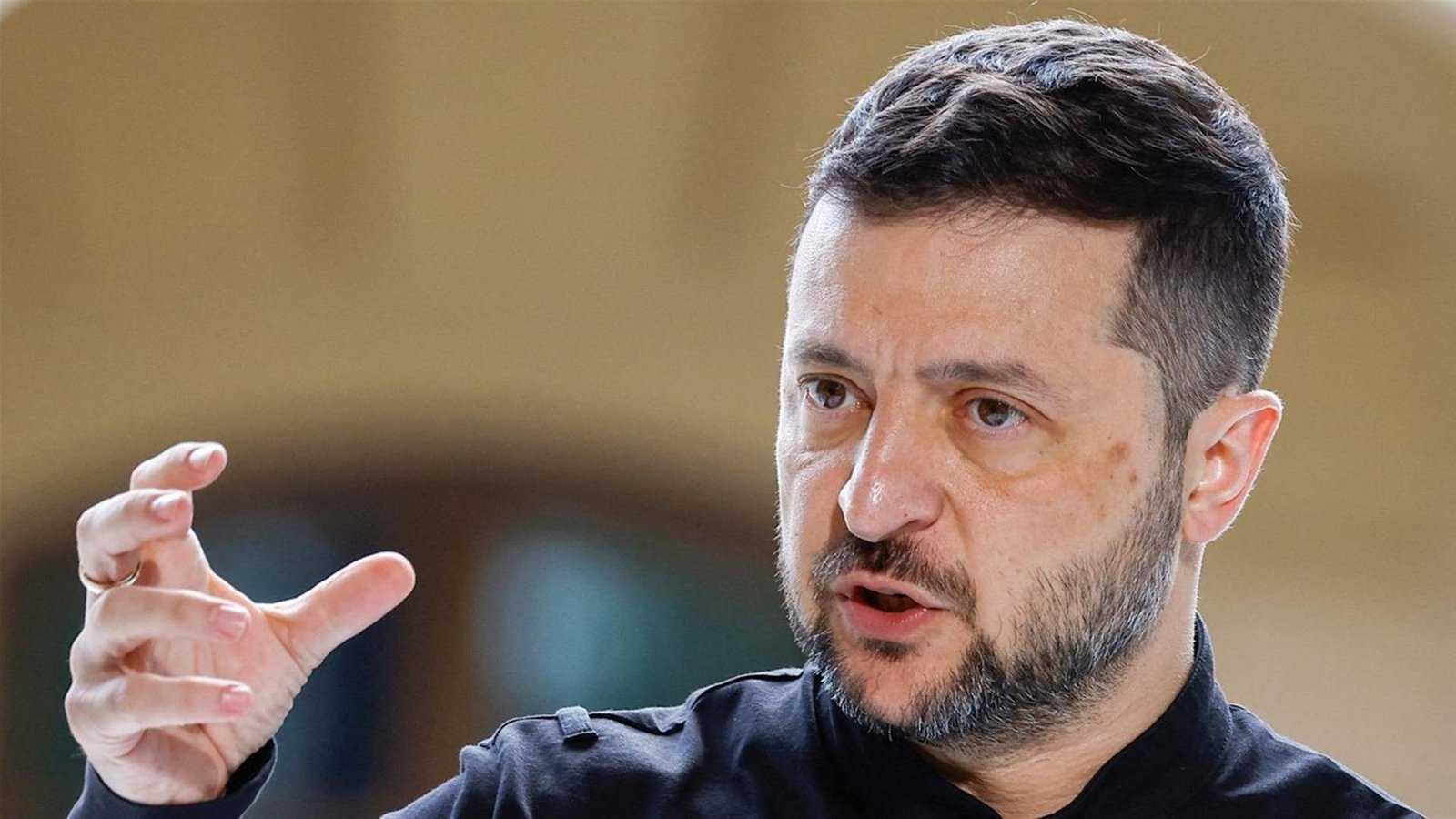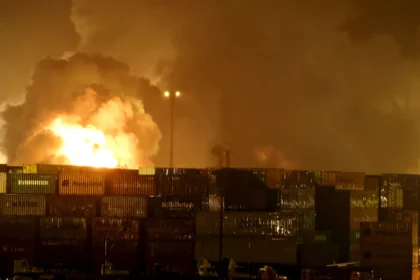As part of his rapid diplomatic moves to consolidate Russian influence in Central Asia, President Vladimir Putin held a series of phone calls with the leaders of Kazakhstan, Uzbekistan, and Tajikistan.
During it, he discussed bilateral cooperation files and regional and international developments, amid escalating global tensions and the ongoing war in Ukraine.
Security and economic files on the table
The Kremlin clarified in an official statement that Putin discussed with Kazakh President Kassym-Jomart Tokayev, Uzbek President Shavkat Mirziyoyev, and Tajik President Emomali Rahmon,
Ways to strengthen the strategic partnership between Moscow and the Central Asian countries.
Especially in the fields of energy, transportation, and trade exchange, in addition to military and security cooperation in facing common challenges.
Coordination within regional organizations
The statement pointed out that the leaders also discussed coordination within regional frameworks such as the Collective Security Treaty Organization and the Eurasian Economic Union.
In addition to issues of border stability and combating terrorism and extremism. This came in light of the unstable situation in Afghanistan. In addition to the growing concern about the infiltration of armed groups into neighboring countries.
International competition for the heart of Asia
These communications come at a sensitive time when the region is witnessing increasing competition between Moscow, Beijing, Ankara, and Washington over political and economic influence in Central Asia, which represents a vital field for regional balances and transcontinental energy routes.
Moscow sends strategic messages
Observers believe that through these moves, Putin seeks to reaffirm Russia’s leading role in the former Soviet space.
And sending a clear message that Russia remains the key player in the security and stability of the region, despite being preoccupied with the Ukrainian war and increasing Western sanctions.
Confronting Chinese and Turkish expansion
Analysts emphasize that this move is part of Moscow’s strategy to tighten its grip on its southern surroundings. It aims to expand its political and economic presence in response to Chinese and Turkish expansion.
Pointing out that Putin is keen to keep the Central Asian leaders within the circle of direct communication, as a precaution against any shifts that might affect Russia’s historic influence there.















